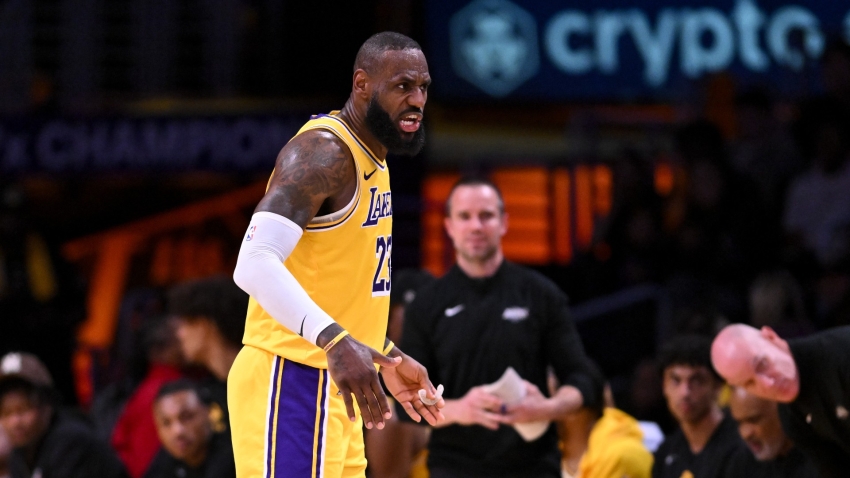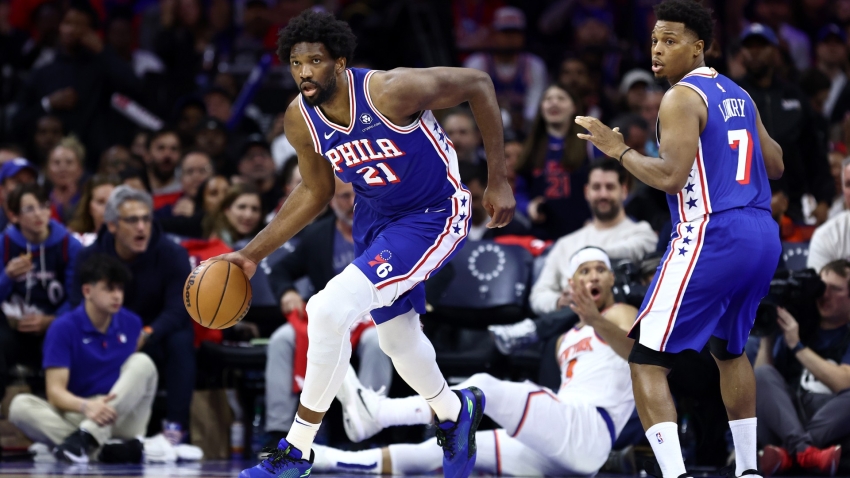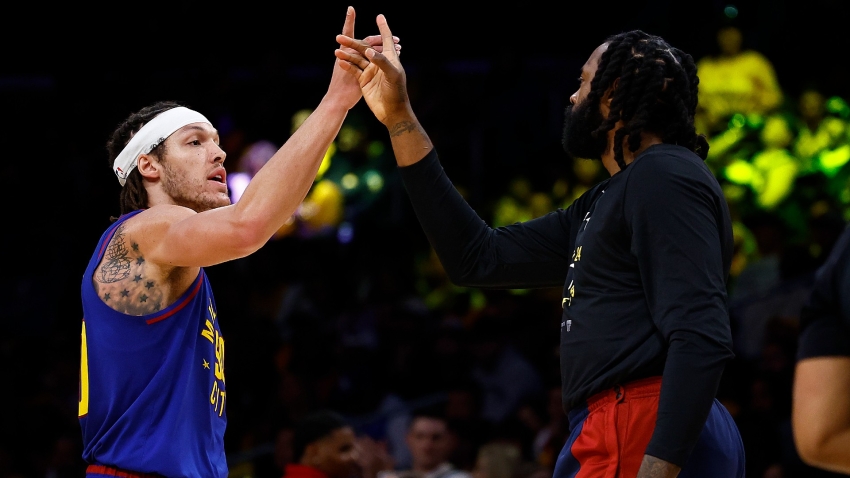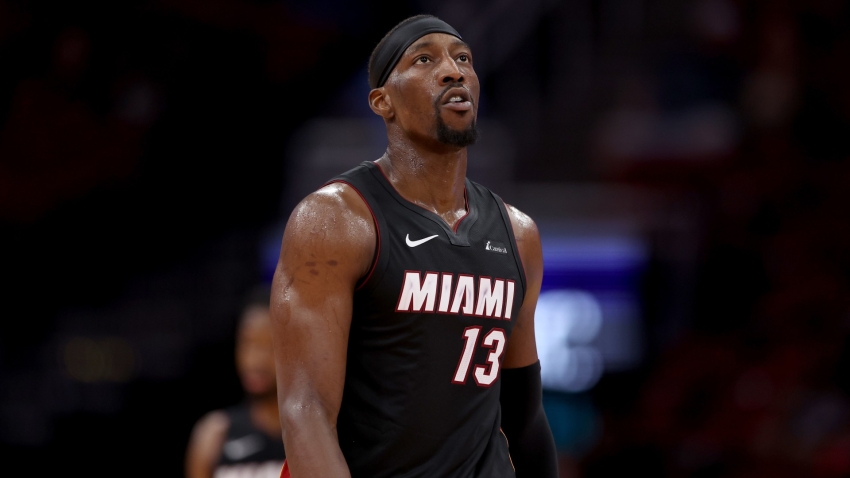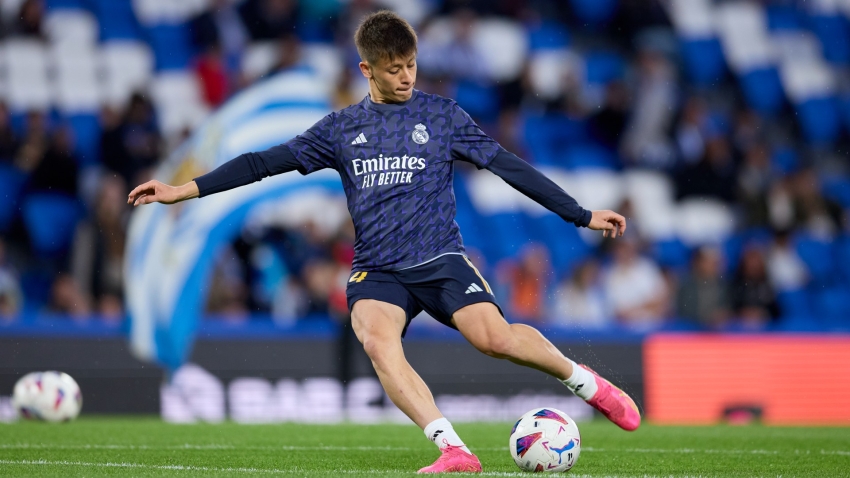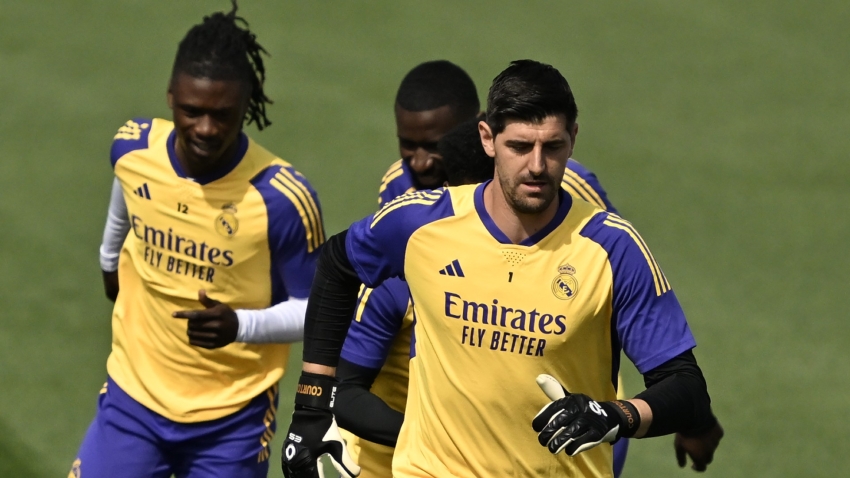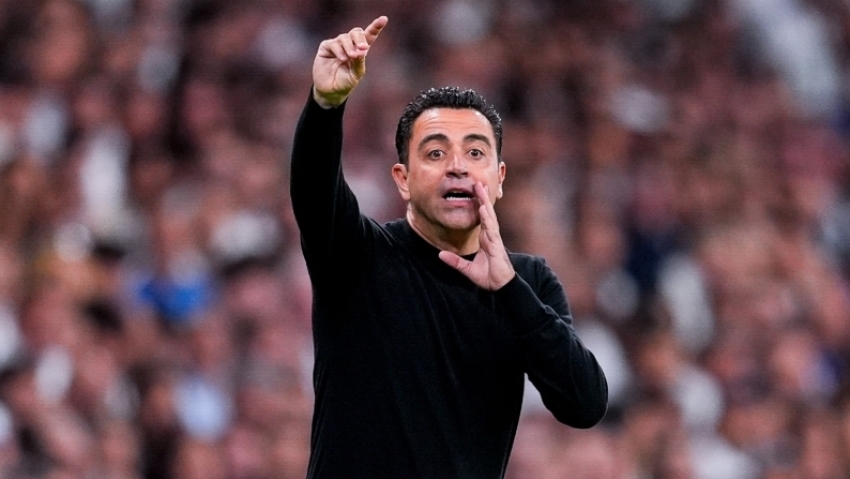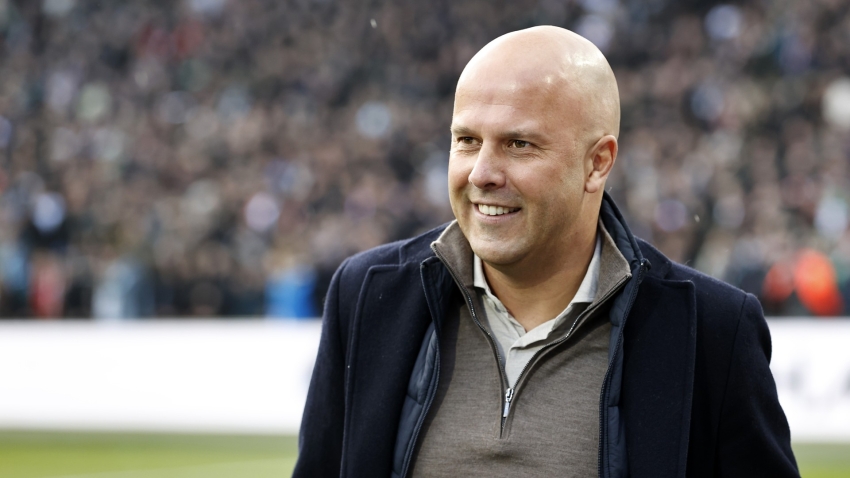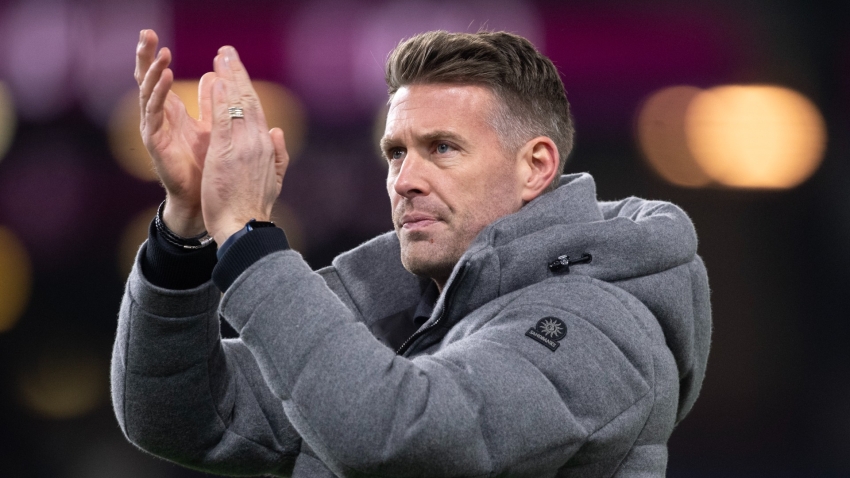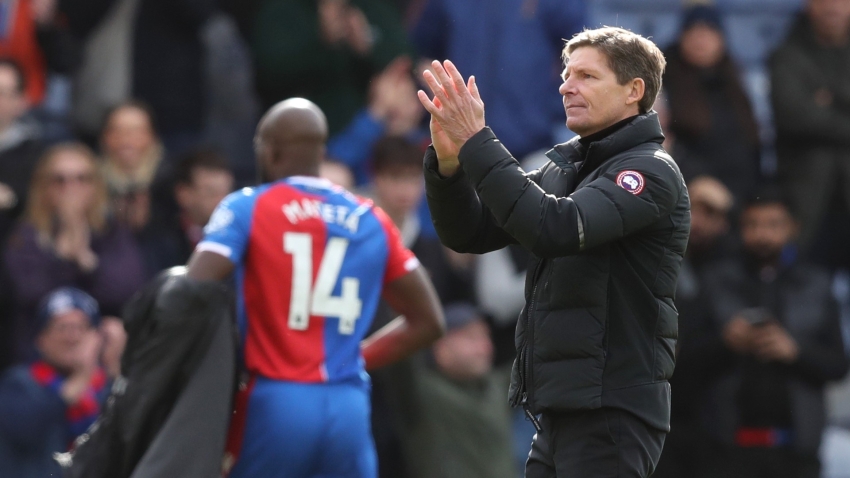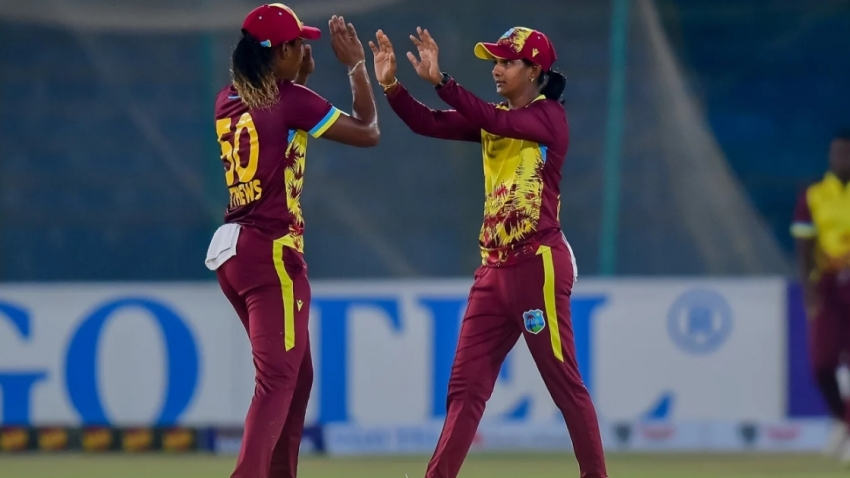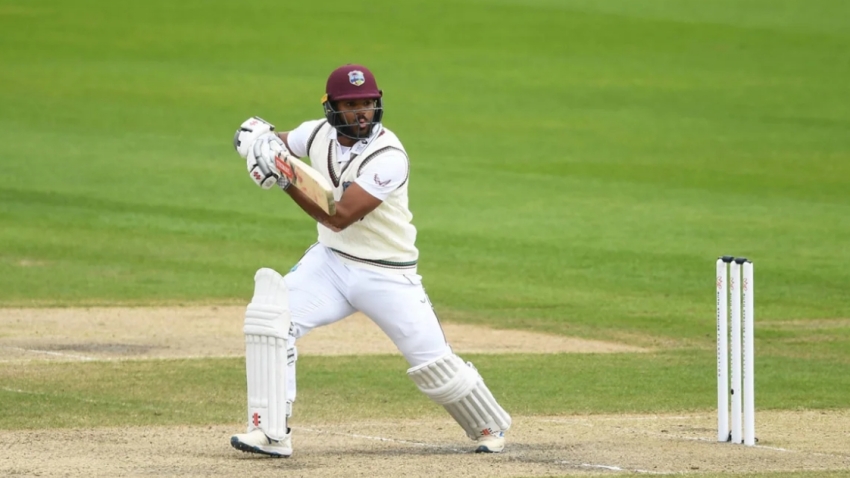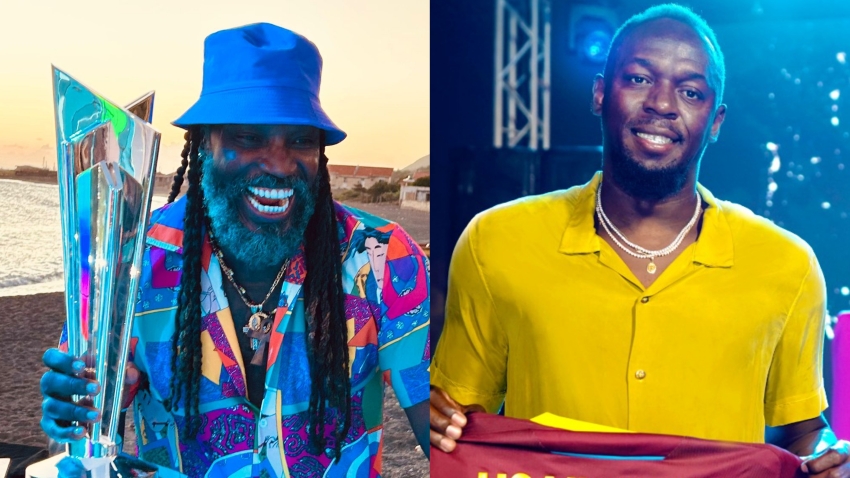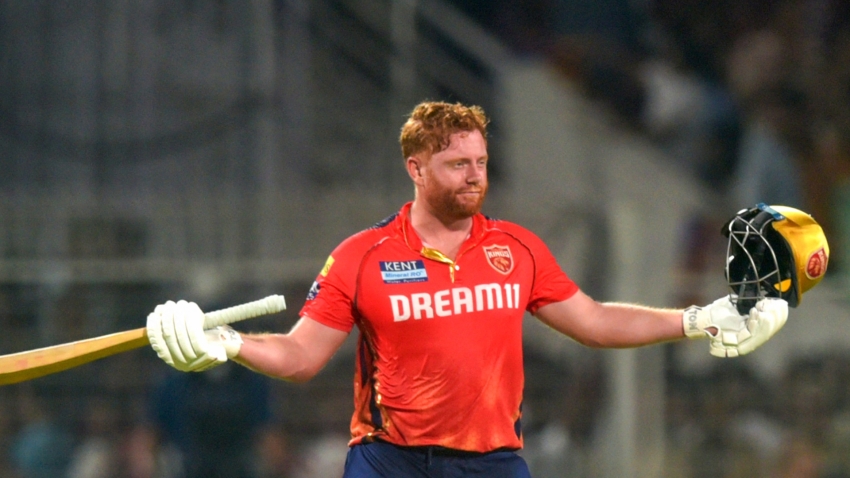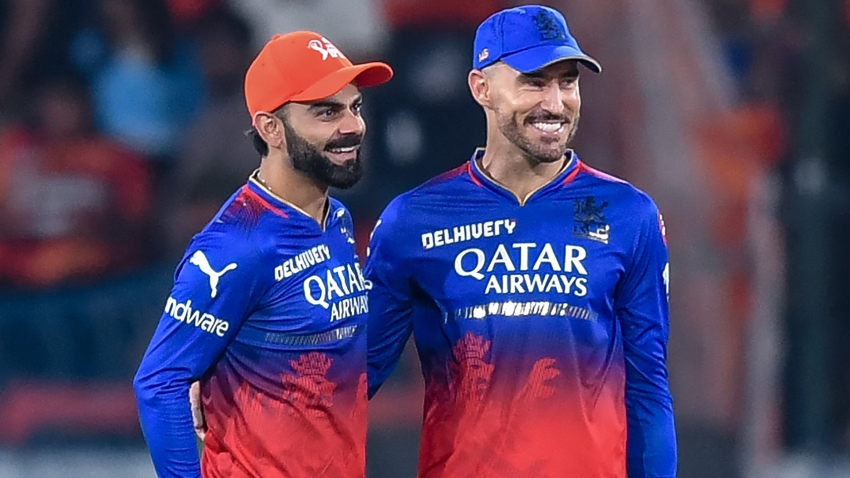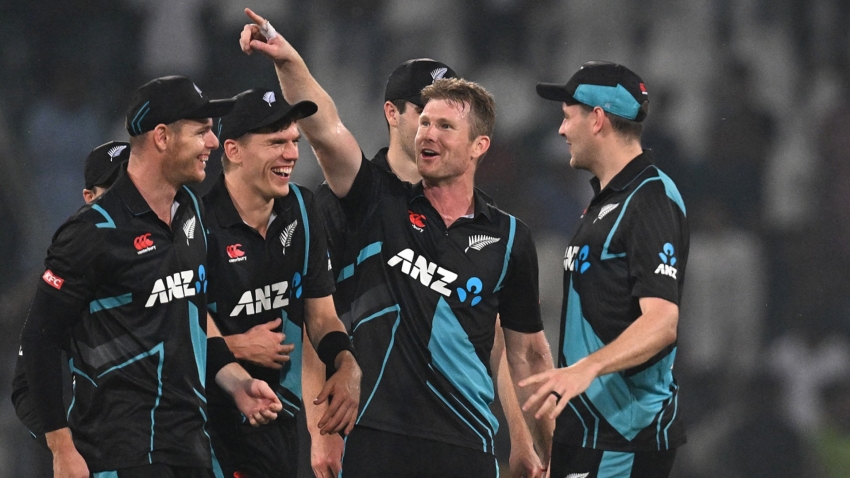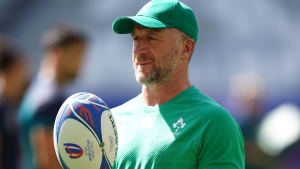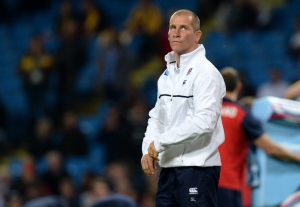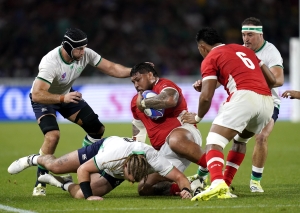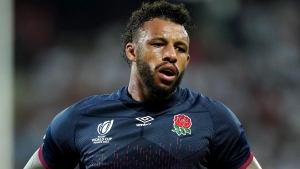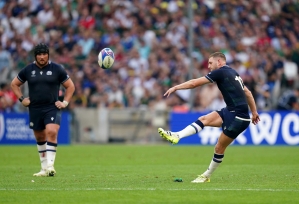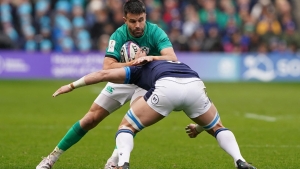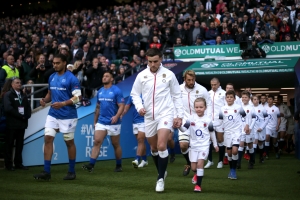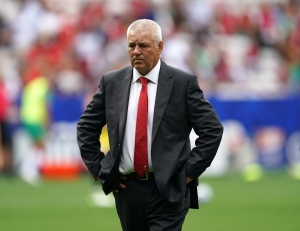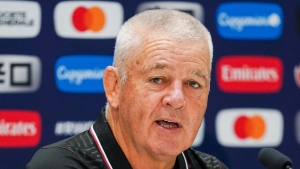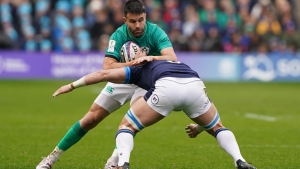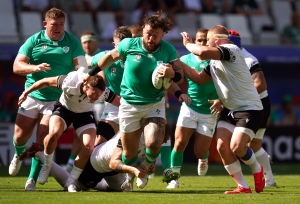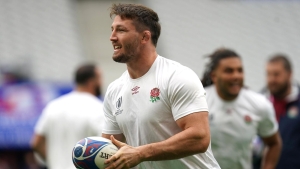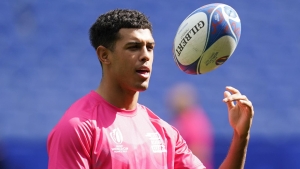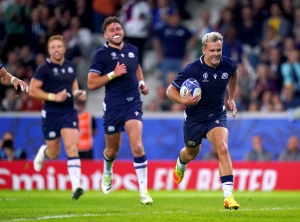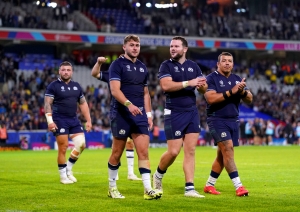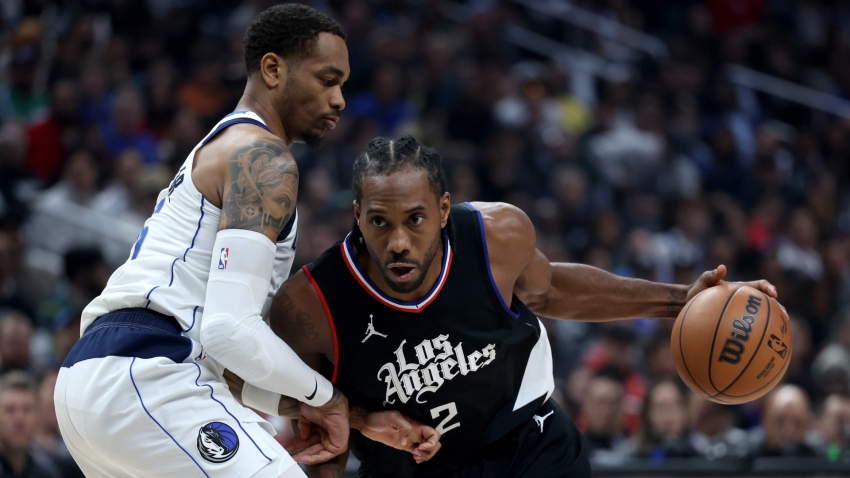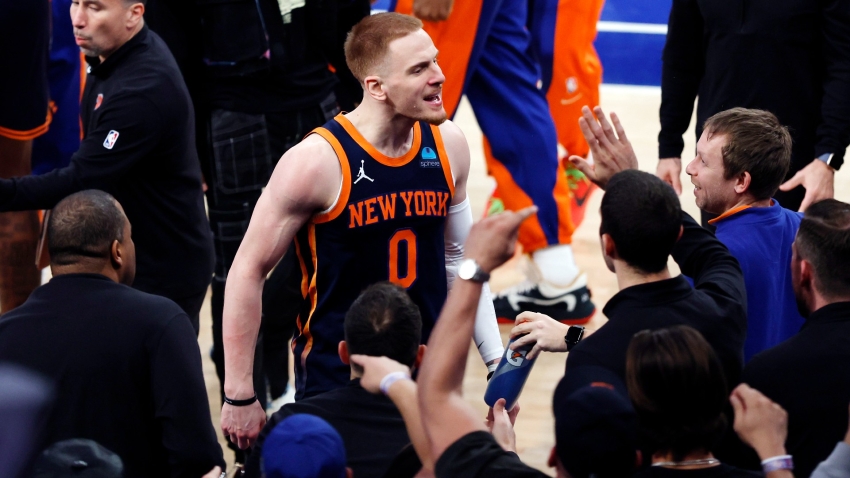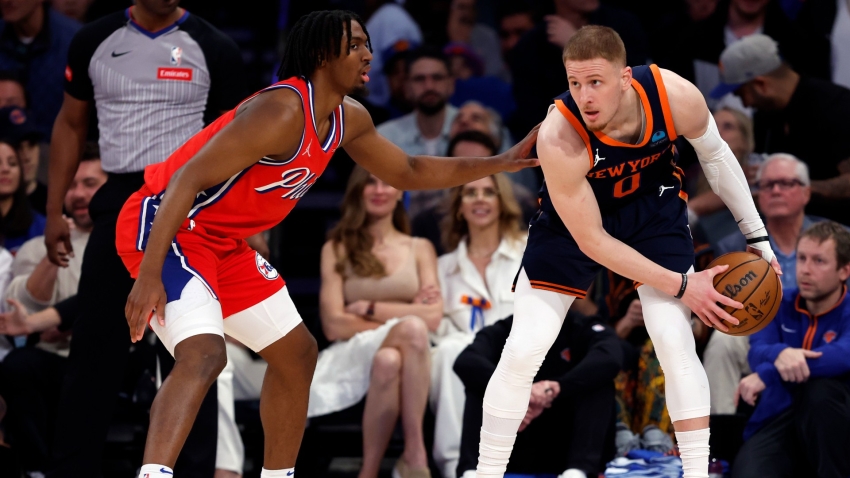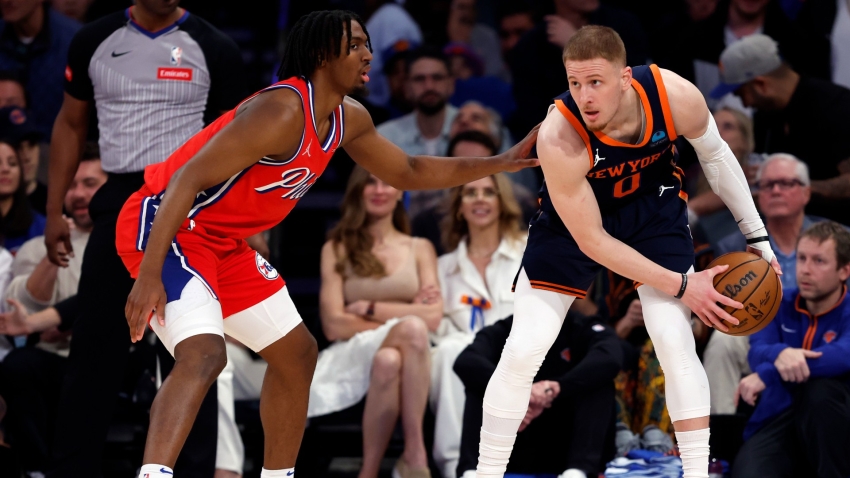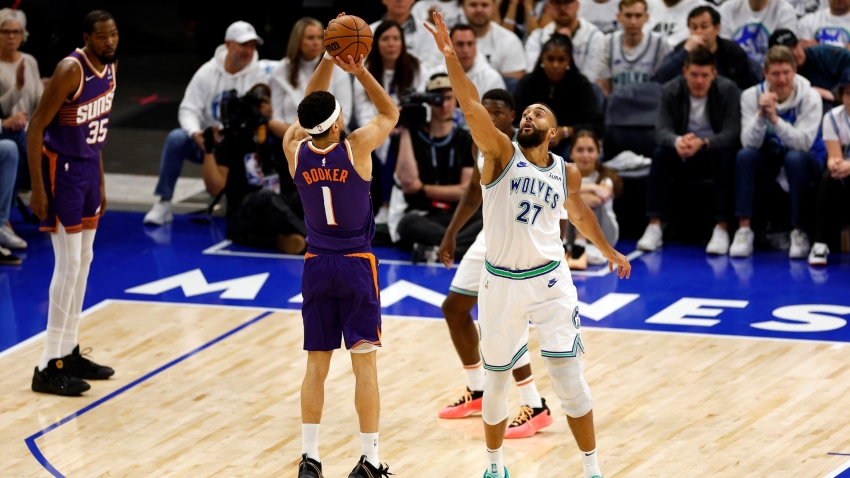Ireland’s head of nutrition Emma Gardner believes “food is mood” as she attempts to fuel another World Cup triumph following her key role in England’s 2019 cricket success.
Gardner is tasked with managing the varied dietary requirements of Andy Farrell’s 33-man squad for their shot at glory in France.
The 37-year-old previously worked as a nutritionist for the England and Wales Cricket Board, a period which included Ben Stokes’ World Cup final heroics against New Zealand at Lord’s.
She clearly has a recipe for success, having also been involved with Great Britain Hockey when the women’s team clinched gold at the 2016 Olympics.
While diet plans are structured and relatively strict, Gardner, from Accrington, Lancashire, acknowledges there needs to be some leeway and feels “internet, food and sleep” are the main requirements for maintaining morale.
“I took a lot of learnings from both those environments, the Olympic Games and the Cricket World Cup,” she said.
“I’m used to the nature of the tournament, used to getting players ready for a match. Having to get them ready again is probably the main learning.
“It’s a long tournament. There’s a long time to concentrate and keep players focused. A big learning for me is ‘food is mood’, particularly in these campaigns.
“We obviously try to keep high quality all the time but there’ll be times where we go ‘let’s just calm it a bit’ and give them what they want and relax because that’s also important when you’re here for such a long time.
“Internet, food and sleep are the three things that tend to keep people happy.”
Ireland’s players have individual nutritional requirements based on position, body weight and expected playing time, with six eating windows per day.
Prop Andrew Porter, for example, can consume up to 600 grams of carbohydrates – a plate of pasta is around 80 grams – ahead of a game.
Gardner’s work involves devising bespoke plans and ensuring the squad are suitably replenished ready for the next fixture.
“In this squad, I actually haven’t had too many crazy requests,” she said.
“Other teams and other sports, I’ve had some very bizarre requests.
“You sometimes get people wanting steak for every single meal, as an example.
“But these guys are very straightforward, they love their food, they’re not fussy, my life is very simple in a way. They just like food and lots of it.”
Gardner, who started the job last October, began her career at Northampton Saints a decade ago when nutrition in rugby was “hugely” different.
A major challenge during the current tournament is that all but one of Ireland’s fixtures kick off at 9pm local time.
“There’s a psychology to a 9pm kick-off,” she said.
“Sometimes the challenge is overeating, feeling sluggish because the only thing you do is eat all day, so you have to tailor it.
“We’ve done a lot of work in that space with individuals, to make sure they feel good going into the game when it’s that late.
“It can feel like a very long day when you’re waiting around all day and eating is one of the only things to do.”
View this post on Instagram
A post shared by Johnny Sexton (@sexton_johnny10)
Ireland’s squad often enjoy a post-match beer, while players were pictured drinking wine during their time off after beating reigning world champions South Africa.
Asked about alcohol consumption, Gardner said: “We don’t have rules, we have standards and the lads know those standards. They create those standards.
“They’re very professional, they also need to look after their own bodies.
“They know the time when they can slightly relax.
“They can do that with food, they can do that if they want to have a drink but they also understand what’s ahead of them.”


